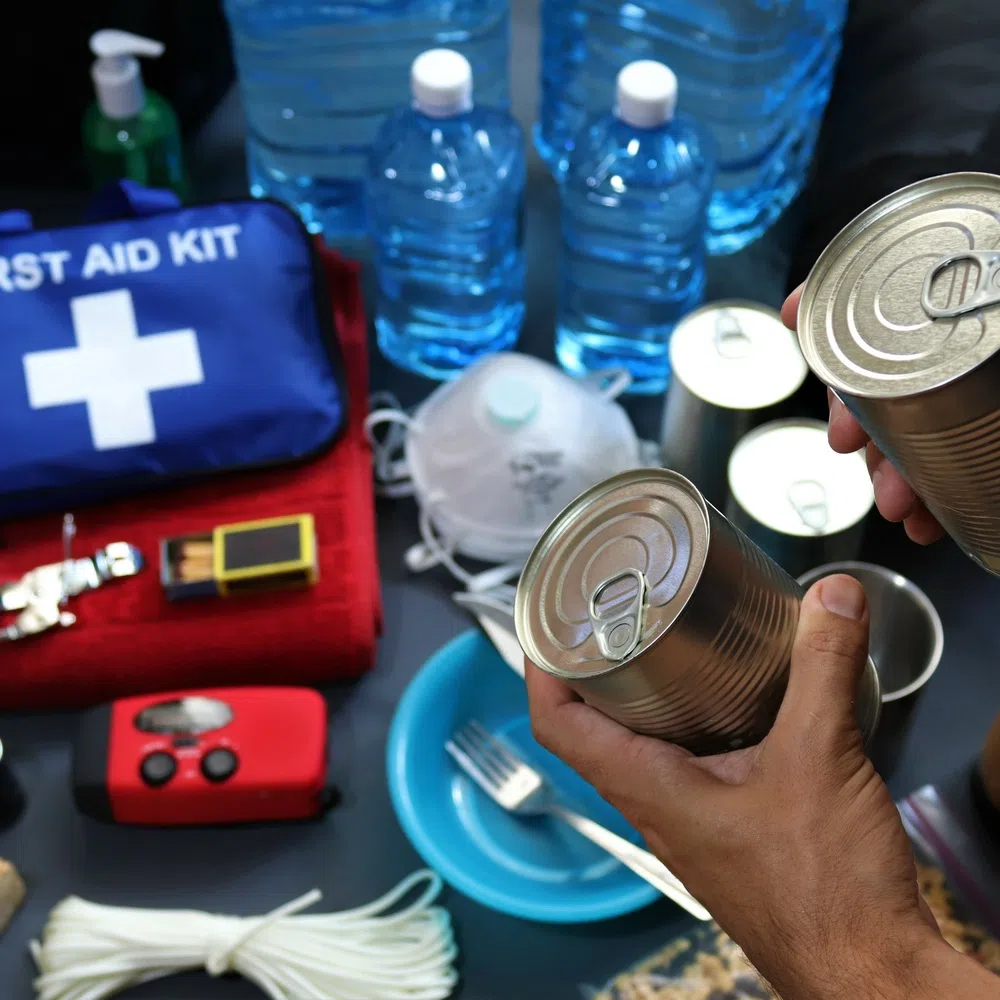Survivalism is an important movement focused on preparing for potential disruptions to normal life. People who embrace this philosophy develop skills and gather resources to handle emergencies, natural disasters, economic collapse, or other significant challenges.
The practice goes beyond simple emergency preparedness—it encompasses a comprehensive approach to self-reliance and resilience.
Understanding the Core Principles of Survivalism
Survivalism centers on the belief that individuals should prepare for situations where normal social systems might fail. This preparation includes stockpiling food, water, and medical supplies while developing essential skills like first aid, food preservation, and basic repairs. Survivalists don’t necessarily expect catastrophic events, but they recognize that disruptions can happen.
The movement attracts people from various backgrounds. Some focus on natural disaster preparedness, while others worry about economic instability or infrastructure failures. What unites them is the desire to reduce dependence on external systems and increase personal resilience.
Essential Skills Every Survivalist Develops
Successful survivalists master several key competencies. Water purification ranks as one of the most critical skills, as clean water becomes scarce during emergencies. Additionally, food preservation techniques extend supplies and reduce waste.
Fire-starting abilities prove invaluable across many scenarios, and navigation skills help people find their way without GPS technology. And, especially important, shelter construction provides protection from harsh weather conditions.
Building Your Survival Supply Foundation
Smart survivalists start with basic necessities before expanding their collections. Water storage and purification systems form the foundation of any survival plan. Next, non-perishable food items with long shelf lives provide sustenance during extended emergencies. Preppers also obtain medical supplies to address health concerns if hospitals or clinics become inaccessible.
Many enthusiasts discover that many must-have European military surplus items offer excellent value and reliability. Quality tools, communication devices, and protective gear complete a well-rounded survival kit.
Modern Relevance of Survivalist Thinking
Recent global events have highlighted the importance of survivalism. Supply chain disruptions have affected everything from food to medical supplies, and natural disasters have increased in frequency and intensity.
Survivalism offers practical solutions to these challenges. The philosophy encourages people to think ahead and prepare for difficulties before they arrive. This proactive approach reduces stress during actual emergencies and provides peace of mind during uncertain times.
Newcomers should start small and build gradually. Begin with a three-day emergency kit containing water, food, and basic supplies. You can start by learning one new skill each month, such as first aid or food preservation, and then grow your knowledge base from there.
Focus on the most likely scenarios in your area rather than extreme possibilities. Remember that preparation is a journey, not a destination. Even small steps toward self-reliance provide valuable benefits when challenges arise.
Image Credentials: by SpeedShutter, 338908899




